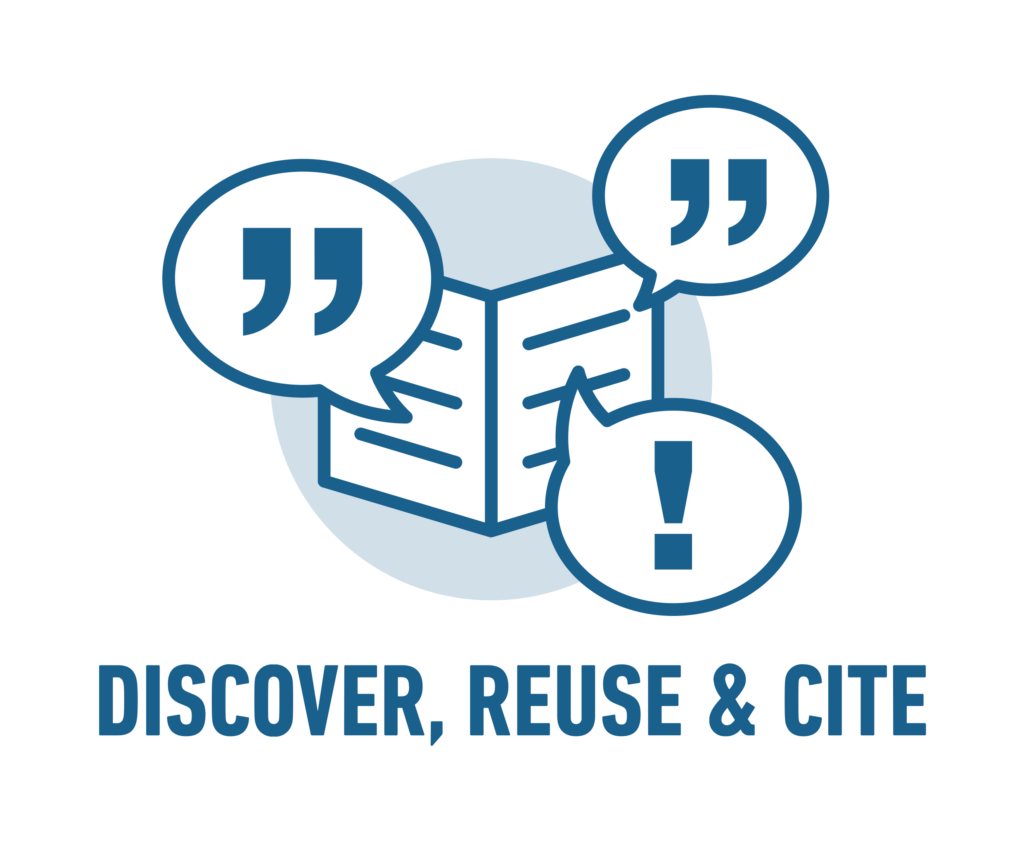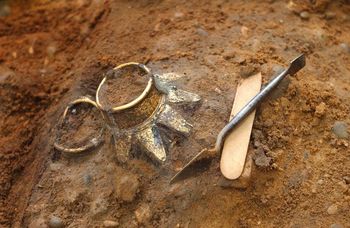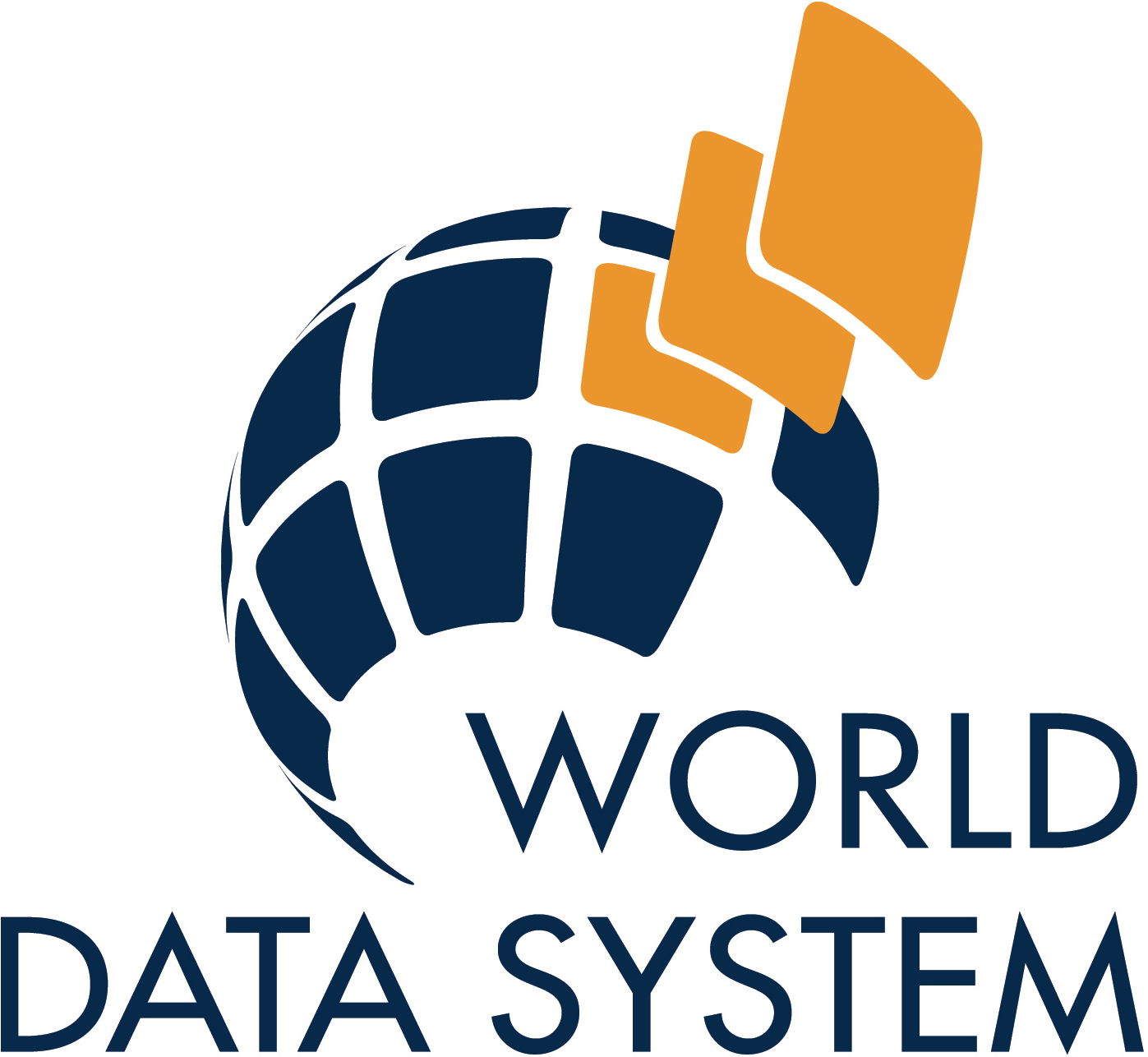Data access and reuse
All resources archived with the ADS are Open Access, and delivered through our website to facilitate reuse by the heritage sector and wider community.
The core activity of the ADS is the long-term digital preservation of the data entrusted to our care and we are committed to preserve and disseminate this data in accordance with the FAIR data principles. By adhering to these principles we ensure that the valuable digital resources within ADS collections are rigorously managed and available to support knowledge discovery and innovation for the archaeology and heritage community.
In all instances our collections are accessible and available for reuse under an appropriate data licence. Fore more information read about Use and Access to Data in the ADS Policies and Procedures section.

This section describes how the ADS collects statistics about the use and reuse of our collections as well as guidance on how to identify copyright holders within our resources and the most appropriate way to cite ADS collections using a Digital Object Identifier (DOI).
We encourage ADS users to reuse our collections for their own research and innovation activities. For examples of how ADS data has been reused by other projects please head to the Data Reuse case studies page.
Are you looking to deposit with the ADS and want to learn more about licences for your data? Please read more on the Deposit Agreement and data access licencing page in the Instructions for Depositors.



